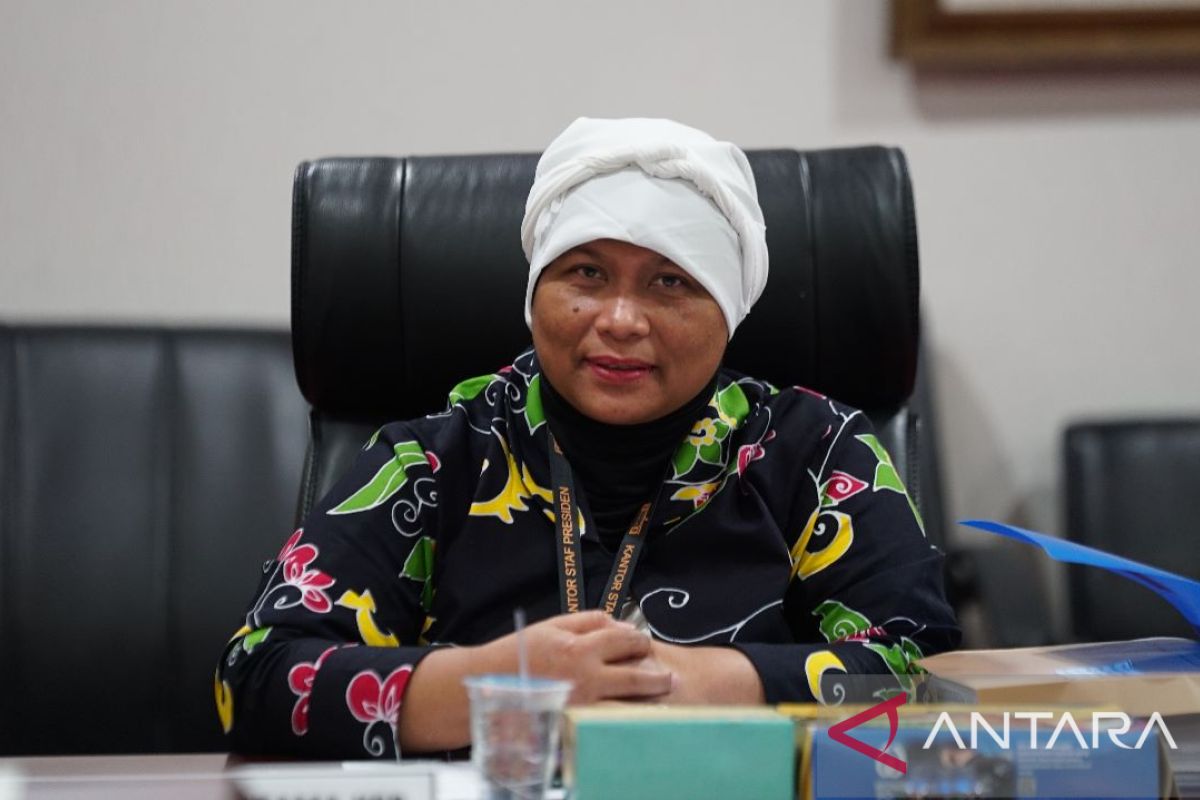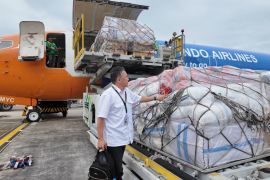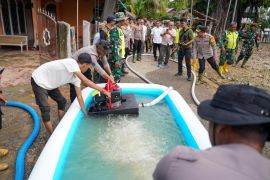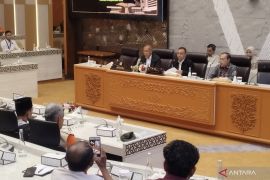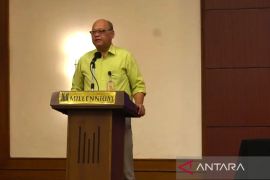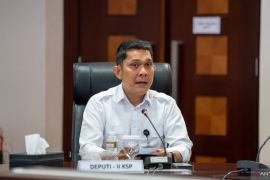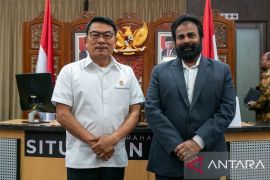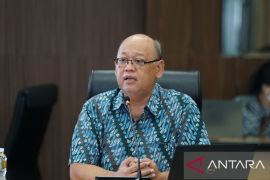The ministry is continuing to monitor and report the development of COVID-19 cases through its health offices in each region, KSP's main expert staff, Brian Sri Prahastuti, said in an official statement released on Thursday.
This is because COVID-19 may still become an outbreak, she continued.
According to Prahastuti, the measures for handling COVID-19 in Indonesia are similar to those laid down for other communicable diseases, such as tuberculosis or dengue fever.
If a COVID-19 case is detected, then it is handled at a First Level Health Facility (FKTP) or a hospital.
"If hospitalization is required, then BPJS (National Health Insurance) regulations for JKN (National Health Insurance) members are referred to," she explained.
"In order to continue health insurance protection, people should not stop paying the fee for BPJS or other forms of health insurance," she continued.
Though Indonesia is entering the endemic phase of COVID-19, the virus that causes the disease is still circulating in the country. COVID-19 can still infect and cause sickness or even death in the case of patients with health risks, she highlighted.
Thus, it is important to maintain the body’s immunity through vaccination, consumption of nutritious food, and routine exercise, she said.
"This also applies to the health protocols. Health protocols are no longer mandated. Wearing a mask is no longer mandatory. It comes back to individual needs and responsibilities," Prahastuti added.
Hand-washing should be continued by people because it can help prevent several diseases such as diarrhea, ISPA, and skin diseases, she advised.
The government is focusing on strengthening the national health system to handle the threat of future pandemics, Prahastuti said.
This health system strengthening is systemic and long-term in nature, which encompasses six health subsystem components outlined by the World Health Organization (WHO).
These comprise leadership and governance, service delivery, health system financing, health workforce, medical products, vaccines and technologies, as well as health information systems.
The Health Ministry is also conducting health transformation to strengthen the national health system.
Prahastuti cited the development of the Biomedical and Genome Science Initiative (BGSi) at Eijkman Building, Cipto Mangunkusumo Hospital (RSCM) here as an example of the transformation.
"This is a form of health transformation in the field of technology," she explained.
Related news: MPR backs president's decision to revoke COVID-19 pandemic status
Related news: COVID-19 Task Force disbanded after pandemic status revoked: Minister
Translator: Indra Arief P, Fadhli Ruhman
Editor: Rahmad Nasution
Copyright © ANTARA 2023
